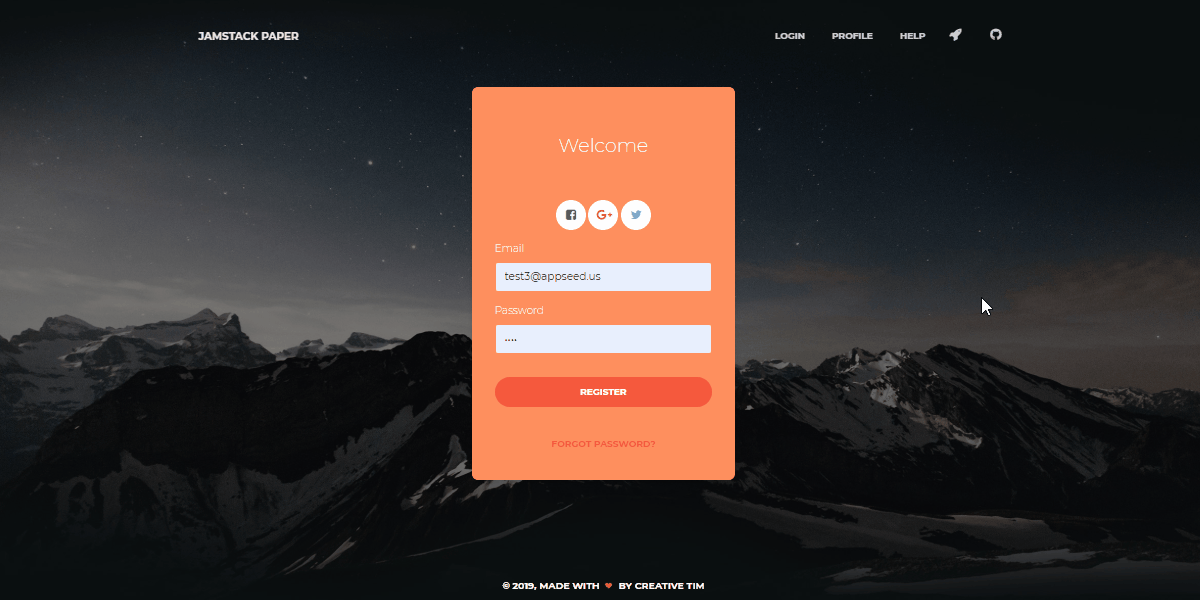Panini
A super simple flat file generator for use with Gulp. It compiles a series of HTML pages using a common layout. These pages can also include HTML partials, external Handlebars helpers, or external data as JSON or YAML.
Panini isn't a full-fledged static site generator—rather, it solves the very specific problem of assembling flat files from common elements, using a templating language.
Panini
$ npm install panini --save-dev
Panini Features
Panini loads layouts, partials, helpers, and data files once on first run. Whenever these files change, call panini.refresh() to get it up to date. You can easily do this inside a call to gulp.watch():
$ gulp.watch(['./src/{layouts,partials,helpers,data}/**/*'], [panini.refresh]);
Partials
Path to a folder containing HTML partials. Partial files can have the extension .html, .hbs, or .handlebars. Each will be registered as a Handlebars partial which can be accessed using the name of the file.
<!-- Renders partials/header.html -->
{{> header}}
Helpers
Path to a folder containing Handlebars helpers. Handlebars helpers are .js files which export a function via module.exports. The name used to register the helper is the same as the name of the file.
For example, a file named markdown.js that exports this function would add a Handlebars helper called {{markdown}}.
var marked = require('marked');
module.exports = function(text) {
return marked(text);
}
Panini SSG Starters

Resources
- Panini - the source code (Github)
- Panini Websites - website built with Panini